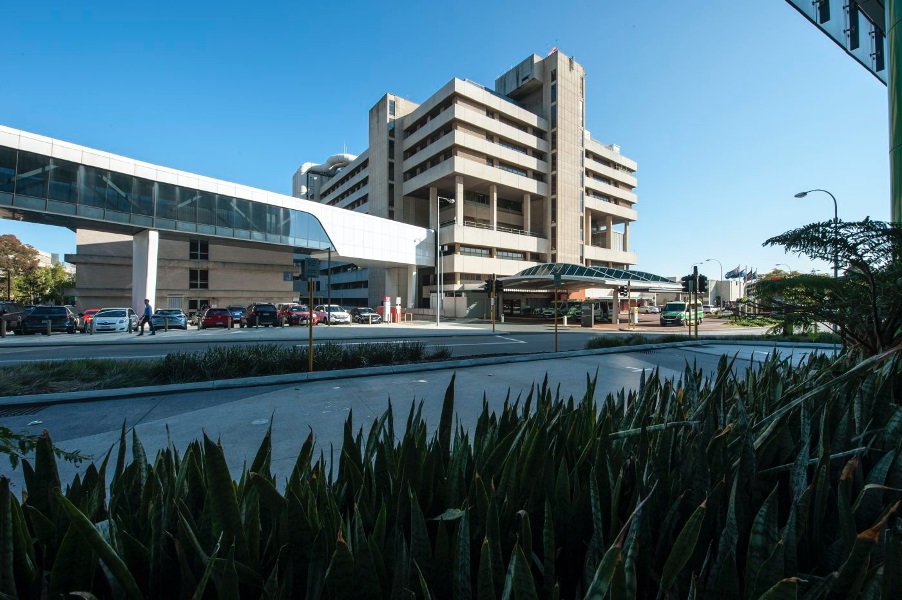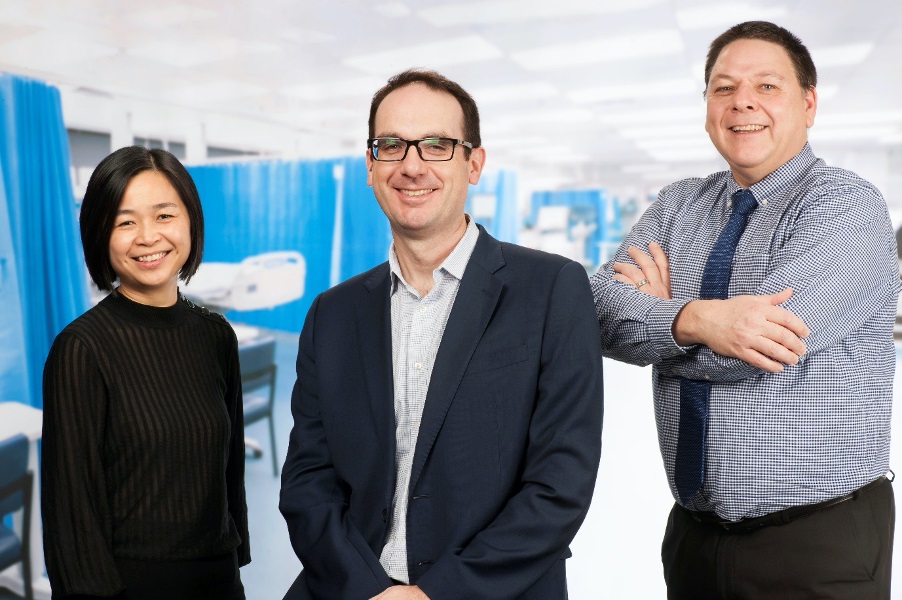
Department of Health WA app streamlines patient data collection and care
The North Metro Health Service (NMHS) is the largest health service in Western Australia. It employs around 9,000 full time employees to support upward of 800,000 patients.
While it operates state of the art hospitals and cutting-edge medical technology, the pace of digital transformation had been slower with incremental improvements the order of the day.
However, when COVID-19 struck, NMHS pushed the pedal to the metal in order to streamline the way it collected data from patients and supported people who tested positive for Coronavirus.
Traditionally most patient data collection at NMHS has been manual – WA Health does not yet have widespread electronic medical records. But the natural enemy of manual data collections using a pen and paper is PPE – personal protective equipment – where staff are gowned, masked and gloved which makes manipulating a pen and filling out multiple paper forms impossible as paper can’t be wiped down to clean off viruses.
Manual data collection also increases the risk of error, makes it hard to provide rapid access to previously collected information, and can lead to patients being asked to provide the same information time after time.
That’s not a trivial matter as people being tested for COVID-19 are already facing significant stress; they don’t want to have to repeat their stories over and over, and certainly not every time they are called by medical staff or contact tracers.
Mindful of that – but also critically aware of the need for instant access to accurate and up to date information, Dr John Blakey, NMHS respiratory consultant asked Michael Campbell if there was a better approach than using pen and paper to collect data.
Campbell, who is Manager of Business Information and Performance at NMHS, immediately engaged with Microsoft to develop a solution using Power Apps, Microsoft’s low code development solution.
Developed over a period of two weeks, including Proof of Concept and deployment, this app is now being used to gather patient information. Data is collected once, with NMHS staff interviewing patients and filling out a questionnaire on a mobile device.
That data is securely stored in WA Health’s data warehouse and always available for future clinical consultations with any patient who tests positive, accelerating treatment and reducing the burden on staff who now have instant access to insights that are critical to successful treatment and to monitor patient progress.
Pammy Yeoh, NMHS’ Coordinator for Information Architecture adds that the system has also been designed so that a letter from the hospital to the patient’s GP is automatically generated to ensure proper continuity of care when the patient goes back into the community.

Data access
Besides expediting the care available for the patient, the Power App ensures data is available for hospital Patient Administration system and establishes a clear audit trail associated with a patient’s treatment. If there is any question in the future about the care that the patient received, it’s all there in black and white.
Yeoh explains that there are two parts to the Power App; the first is a four-page questionnaire designed in association with NMHS clinicians which collects patient information, the second collects information about the patient’s symptoms such as coughing or a sore throat.
During follow up calls all that data is available, and the clinician can ask if the symptoms in evidence a couple of days earlier are better or worse.
NMHS can also integrate data about a patient’s pre-existing conditions. Campbell explains that this reveals if people are diabetic, have high blood pressure or renal impairment, for example.
“The beauty of it is that when you open the app, you’ve got a short medical history of the patient that you’re dealing with. Rather than weeding through reams of paper, I can have a look at this and say, ‘All right, this patient’s a diabetic. She’s got hypertension, she’s got ischemic heart disease. She’s a smoker’,” says Campbell.
Access to this data is currently only for doctors and consultants, but NMHS is keen to explore how nurse managers and nursing staff might also benefit from having broader but secure access to the information.
For the patient the fact that clinical staff are fully clued up about their situation provides peace of mind that they are getting the best treatment, and reduces the frustration that would bubble up if they were constantly asked to provide the same information.

Future plans
While the Power App was spun up rapidly and deployed in a matter of two weeks in order to help NMHS deal with COVID-19, it has whetted clinicians’ appetite for similar solutions to help streamline the treatment of other conditions as well.
Campbell already has apps to support asthma clinics and pulmonary conditions in his sights.
When WA does deploy electronic medical records data from these apps they will be able to integrate directly to provide a complete medical record to support patient health and wellbeing.
Campbell adds; “I’m immensely proud to be part of this, to contribute. It’s so rewarding that you’re making a difference to someone’s life by doing this. And that’s what it boils down to at the end of the day.”














